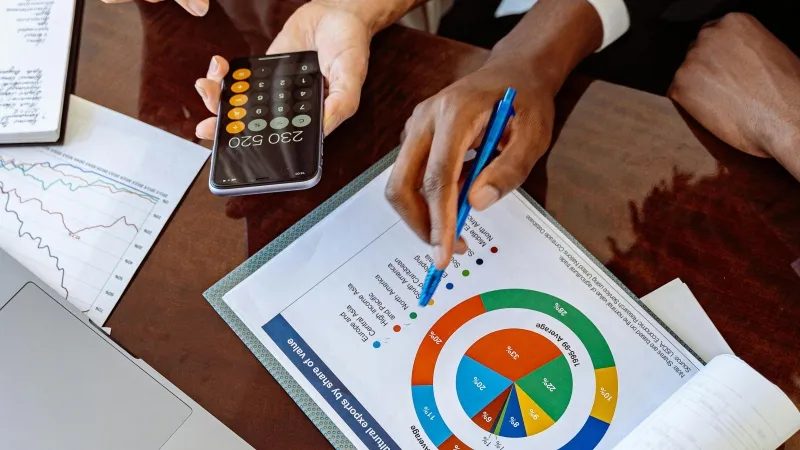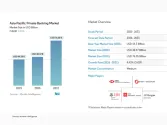India’s digital payments system speeds financial inclusion
India's approach to digital payments emphasises readiness for technological shifts and the importance of digital public infrastructure (DPI).
India’s Unified Payments Interface (UPI) has dramatically accelerated financial inclusion, achieving what might have otherwise taken half a century, according to a report by Milken Institute.
Quintus Lim, Associate Director of Policy and Programs, highlighted that India's unique conditions, such as government ownership of the banking system and a determined push towards a cashless economy to combat the black market, have been instrumental in the rapid adoption and success of UPI.
Yet, the broader lesson, Lim suggested, is the importance of positioning for technological and societal shifts. "It wasn't technological sophistication that raised adoption... It was COVID lockdowns when the user base exploded," Lim stated.
Further examining the critical role of digital public infrastructure (DPI) in mitigating financial uncertainties in Asia, Lim shared insights from a telemedicine adoption study in the Philippines pre-COVID. The study revealed significant payment delays as a barrier to telemedicine adoption, underscoring the potential of real-time payment systems to transform sectors by enhancing accessibility and reliability.
"Just imagine if DPI were in place to support real-time payments... How much better pandemic management would have been," Lim reflected, stressing the untapped potential of DPI in strengthening economies and public health responses.
Addressing the barriers to DPI adoption, Lim identified trust, awareness, and value addition to users as the main challenges. He noted that simply eliminating charges is insufficient to spur adoption. Instead, providing tangible value to users, such as through models that allow individuals to control and monetize their data, could significantly enhance engagement with digital platforms.
However, Lim also pointed out the limitations of current Web 3.0 platforms and the need for substantial development to fulfil these value propositions effectively.


















 Advertise
Advertise






Commentary
Ingredients take centre stage for Asian consumers across food and beverage purchases
Human Sparsity Blockchain: A citizen-validated ledger for digital finance supervision
Breaking the myths around turbomachinery downtime in APAC